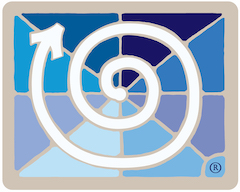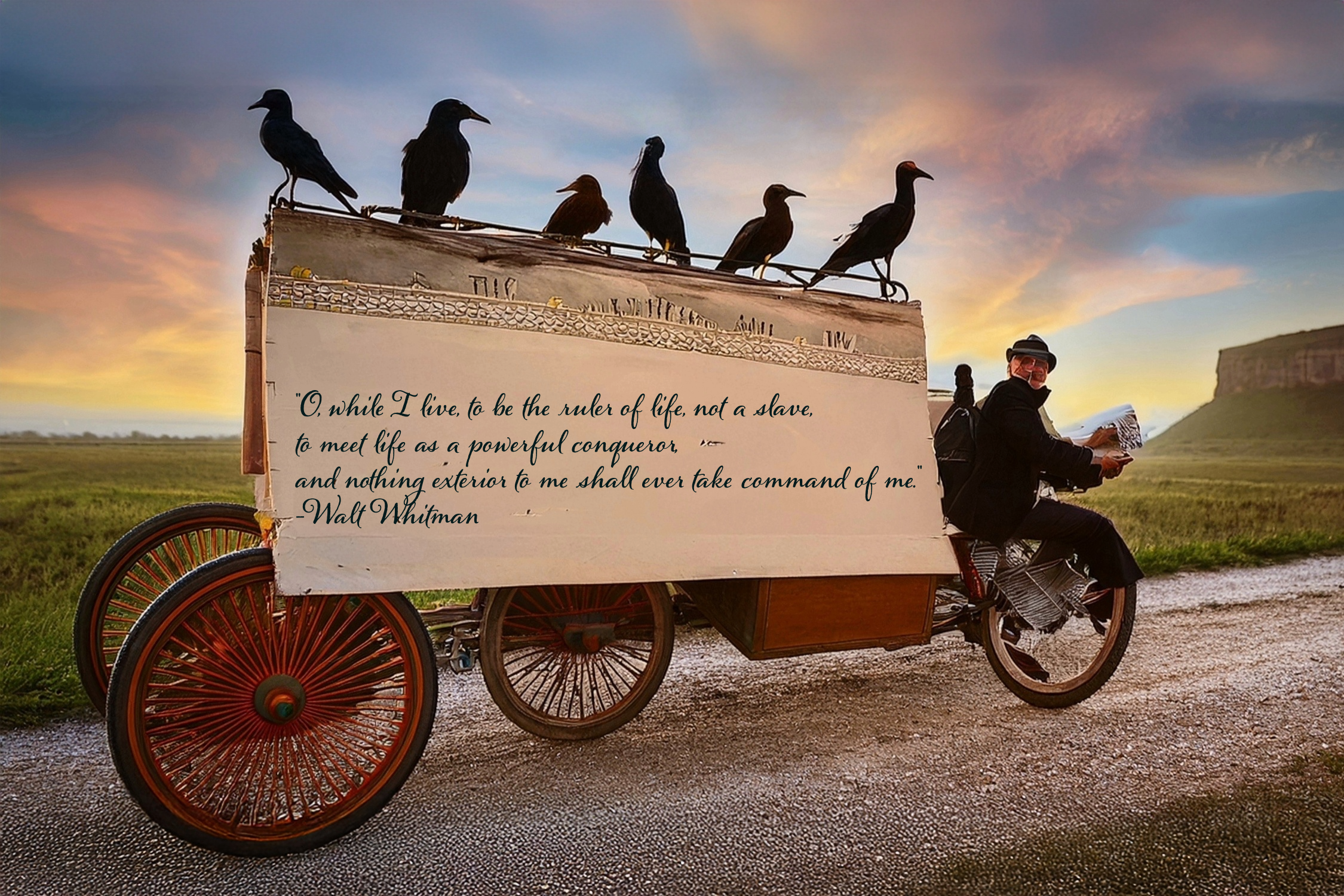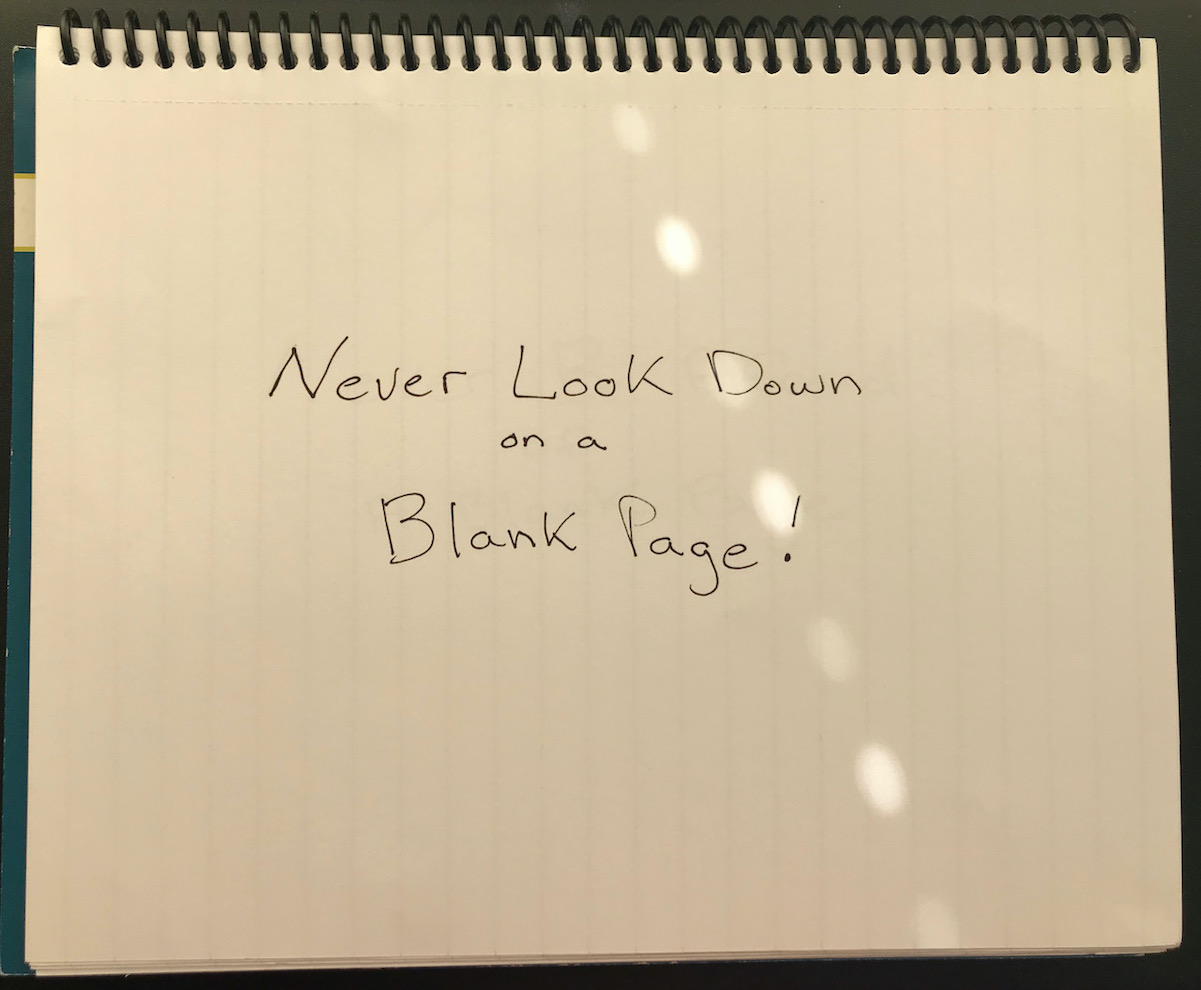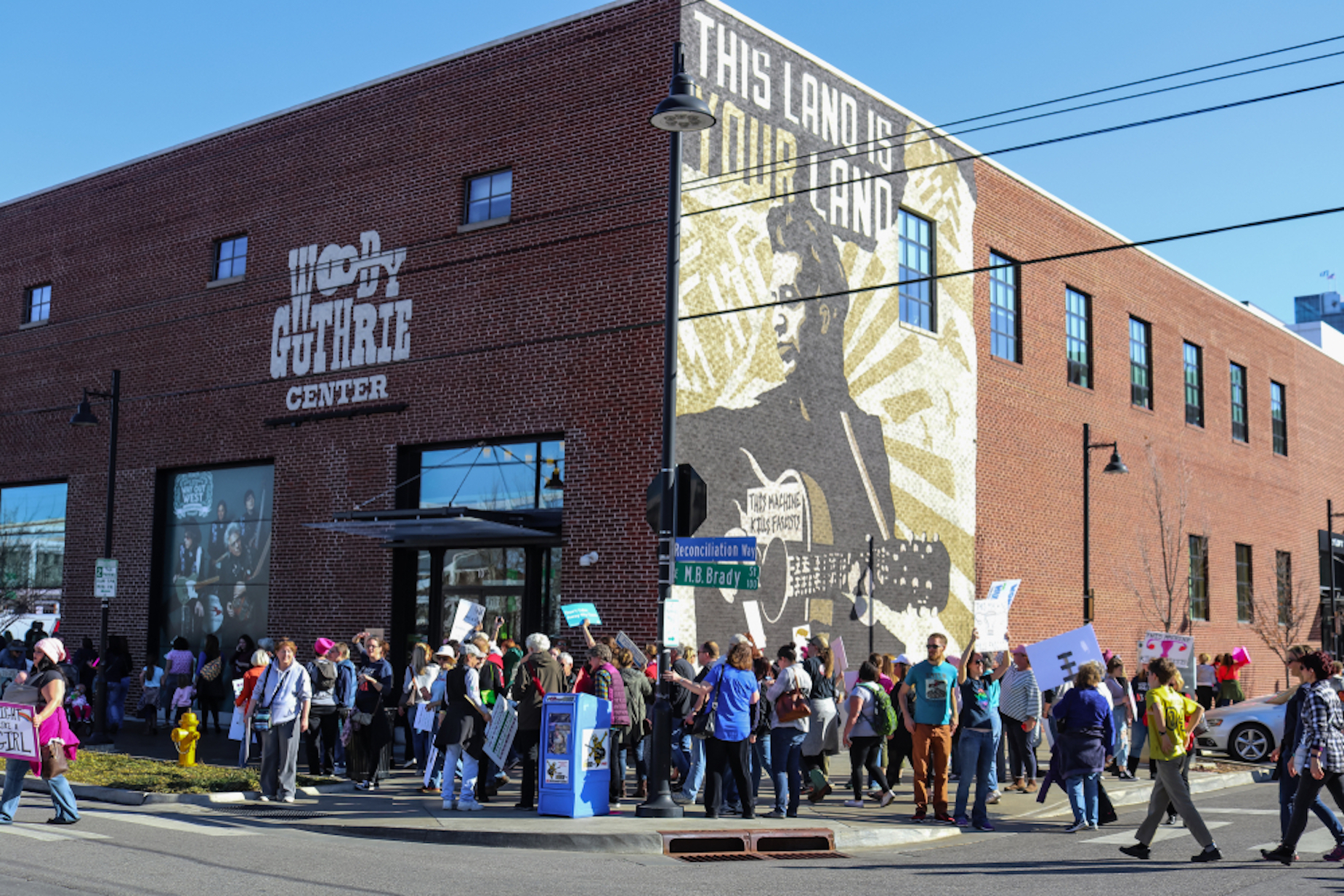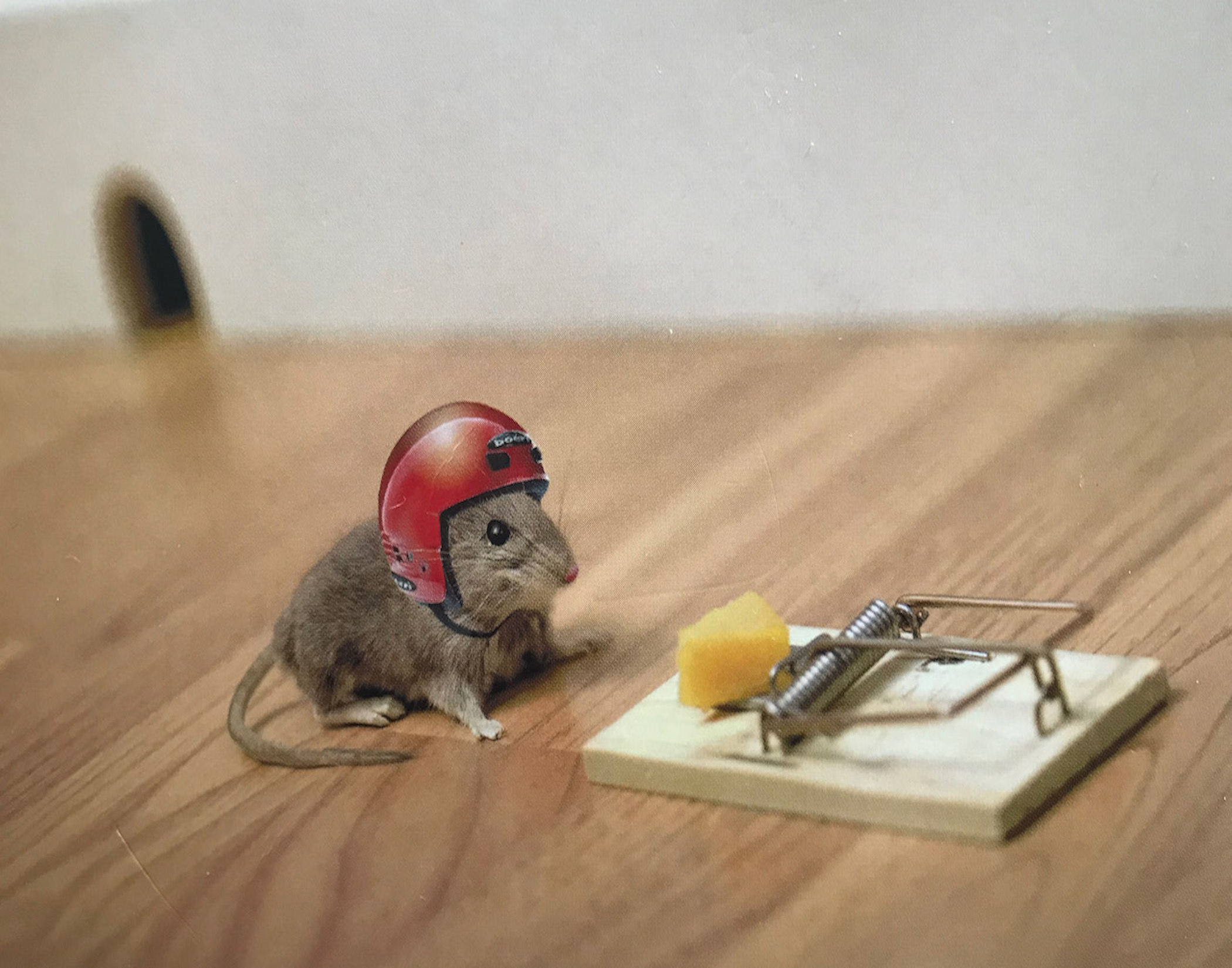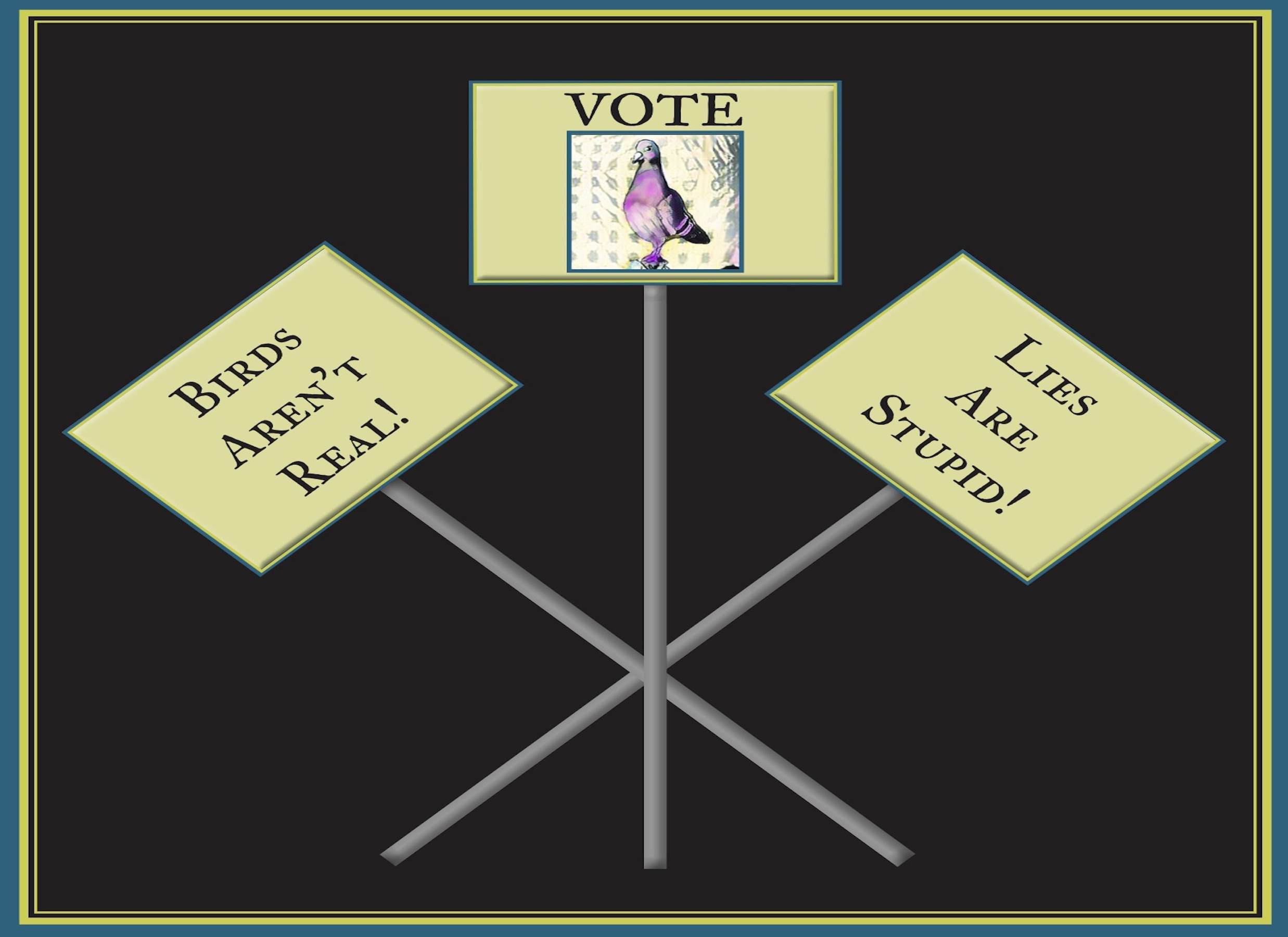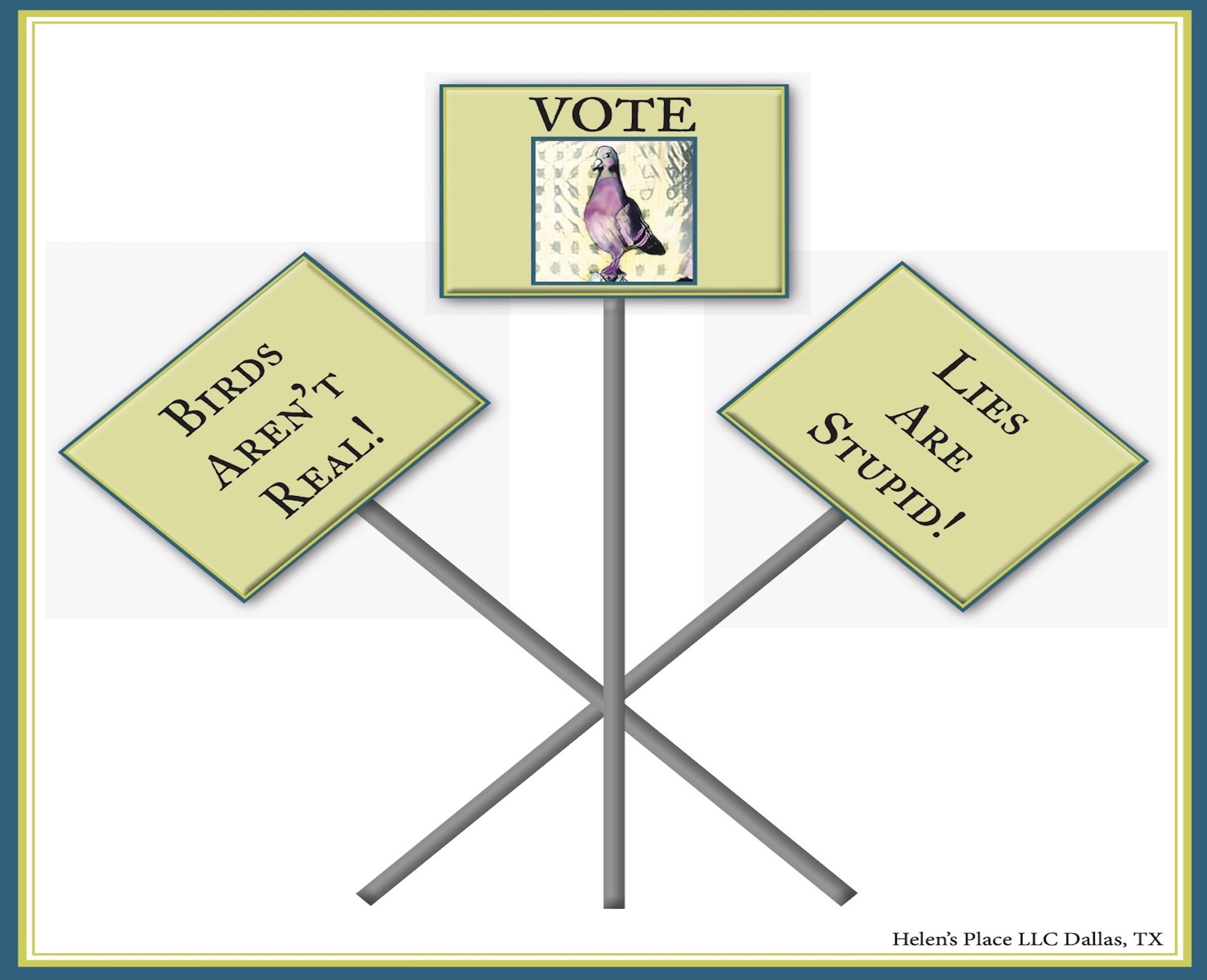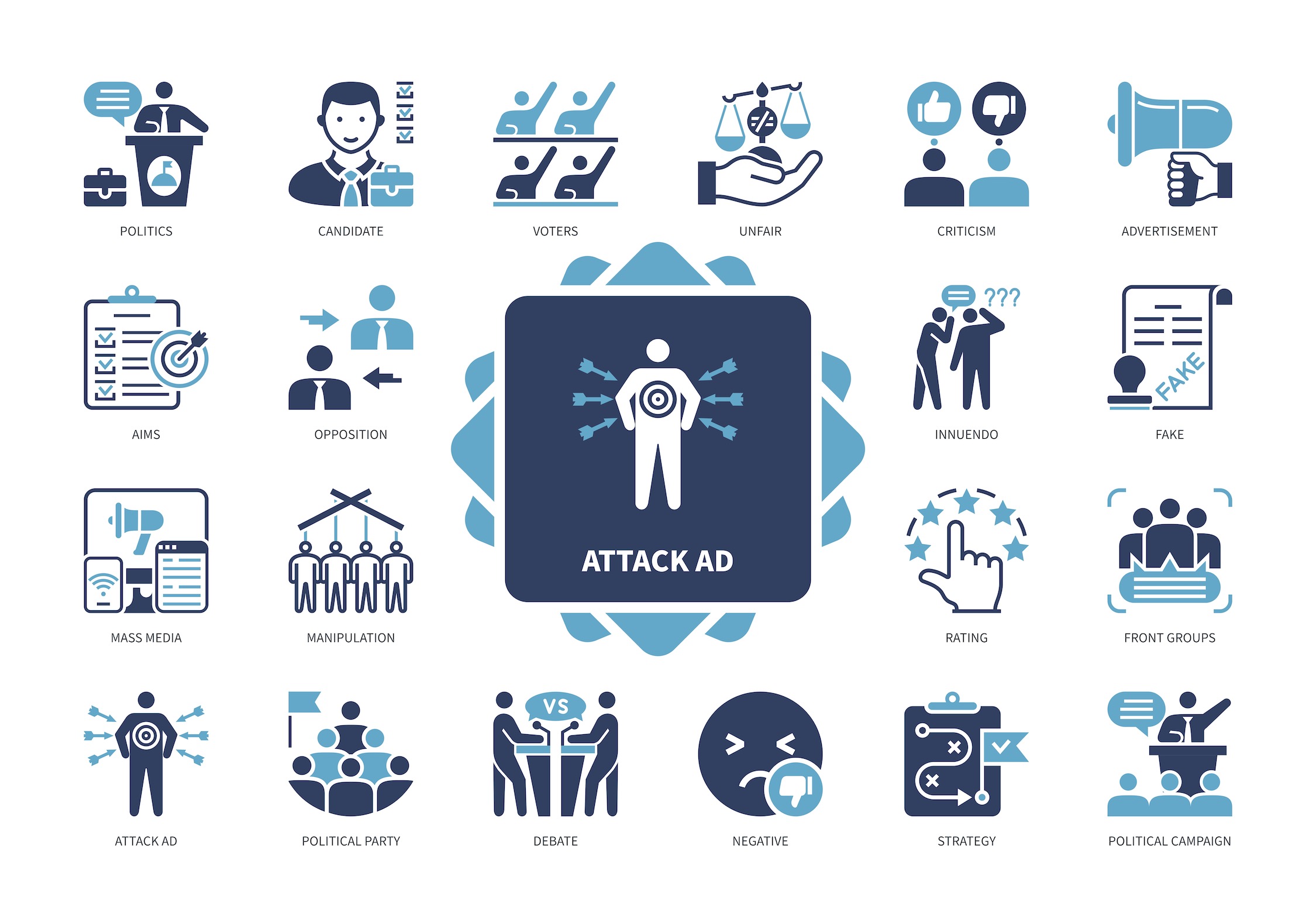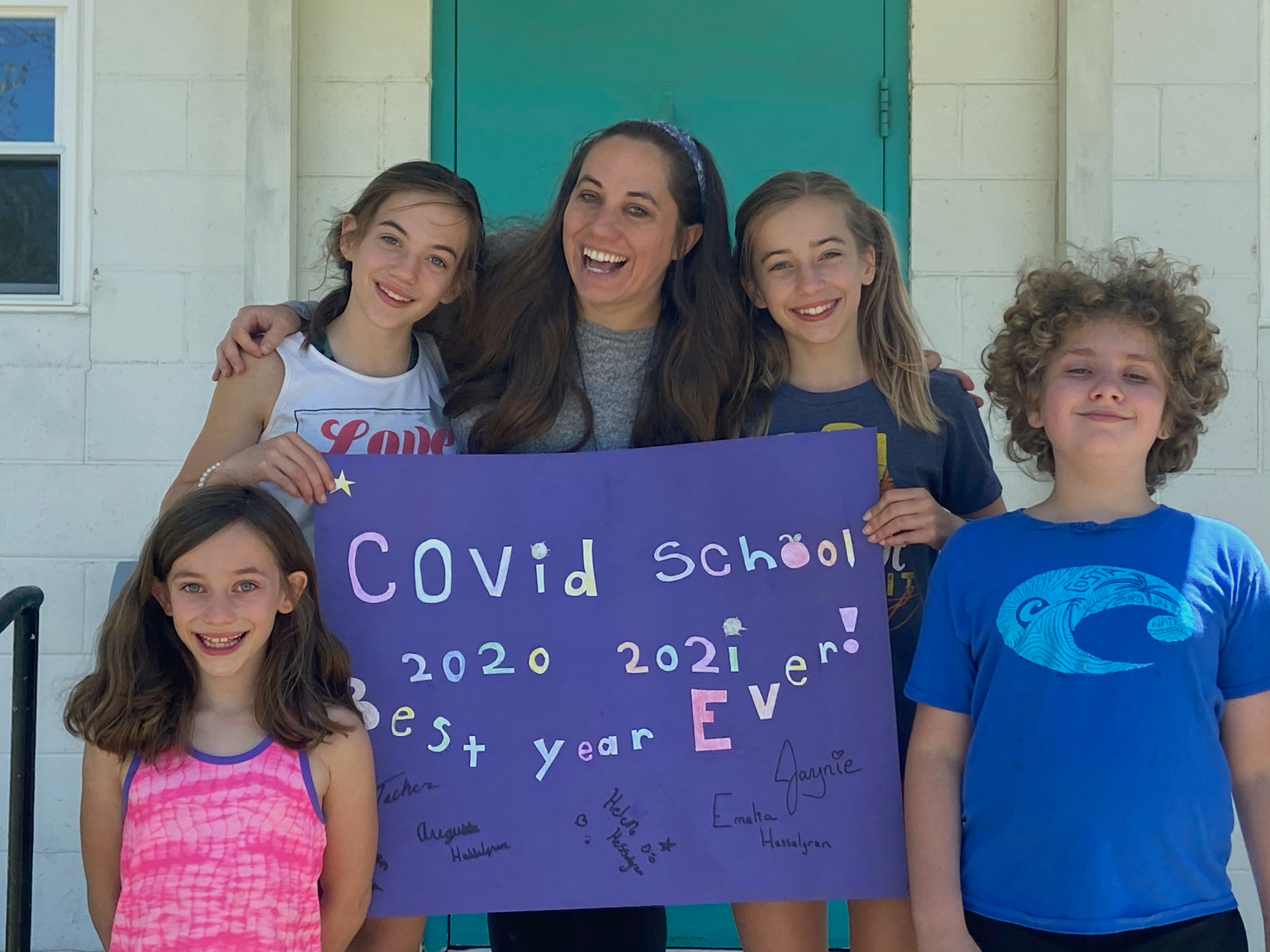Helen’s Place LLC Update: July 18, 2022
Regardless of the personal reason you decide to apply for a specific job, you’ll have greater success in preparing for an interview by objectively evaluating how you best fit the job description and needs of the company.
In the end, a company is interested in what you can do for them, so try to put yourself in their shoes. Evaluate yourself as if you were the person interviewing you for the job. How would you decide if you were the right fit for the position?
You’re not a mind reader, but look for clues as to what they want, by breaking down each line in the job posting and comparing it to your work history. If you know someone in the company, get their opinion.
You may have landed the interview because you tailored your resume to fit the job description, including adding keywords that matched it. However;
At the interview, be prepared to answer questions with at least three concrete examples that prove you have the qualifications you said you had in your resume.
You never want to lie on a resume just to match a job description, but if you have exaggerated, be prepared to say how the actual skills you have relate to the work they are asking about.
Let’s say for example, that you worked in quality control, but you didn’t work on quality control for the type of product of the new company. In this case, you could talk about quality control principles that apply to both the old and the new job.
If you have no experience at all in a given area, you could say, “While I don’t specifically have that job skill, what I do have is…” (i.e. “the ability to learn quickly as demonstrated by how fast I learned quality control at my last job.”)
You might rule out applying for jobs where you do not have the “required” experience, but don’t rule out applying and interviewing for jobs with “preferred” experience if you can communicate how your past job experience ties in to the new job.
If you help a potential employer see your connections to the new job, you just might get a job offer, or move on to the next round of interviews.
In the real world, you’re actually wanting to find out if the company fits your criteria as well, so have well prepared questions to ask them toward the end of the interview when the interviewer asks, “Do you have any questions we can answer about our company?”
At the initial interview your goal is just to move the process along and you wouldn’t expect to have all of your questions answered, or to be offered a job.
Remember, until you have a firm job offer in writing that you accept, you’re not obligated to take the job, so go on interviews to learn something about a company or a field of interest.
Related audio/video recording:
A good video that expands on article and contains additional technology tips:
YouTube, Jeff Su, “Why Are You a Good Fit for this Role – How to Answer.”
Other related article you may be interested in:
Helen’s Place LLC, “How to Develop Emotional Fitness Habits in a Job Search”
Your comments are greatly appreciated. Send them to Helen’s Place LLC via email to info@helensplacenet.com.
